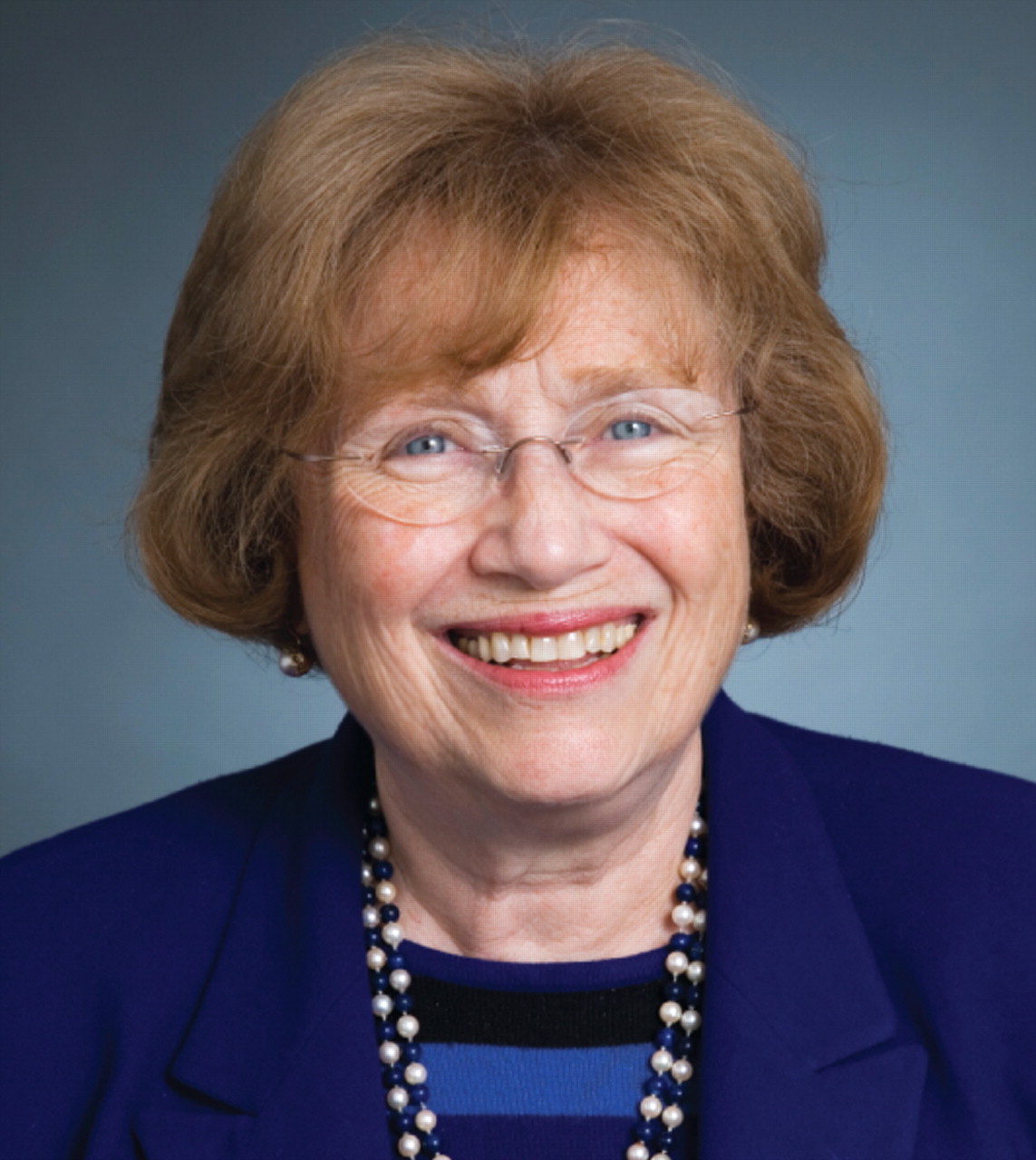In keeping with my presidential theme of advocacy and communication with other physicians, I am pleased to report on our ongoing and increasingly successful work within the AMA.
Earlier this summer, we celebrated the election, by acclamation, of Jeremy Lazarus, M.D., as speaker of the AMA House of Delegates. The house is the policymaking body for the AMA, and Jeremy's election to this important leadership position documents the high regard in which he is held by colleagues in medicine and underscores the positive way psychiatry is viewed in the “House of Medicine.”
Membership in the house is divided between representatives of state medical societies (for example, Jeremy comes from the Colorado Medical Society) and specialty and subspecialty organizations such as APA and is proportional to the numbers of AMA members in each society. Other groups such as medical students, residents, “young physicians,” organized medical staff, and the military also have a vote.
The agenda for house meetings comes from resolutions submitted by these groups, as well as from reports from the AMA Board of Trustees (which has fiduciary and budgetary responsibility) and the eight elected and appointed councils. These reports and resolutions are discussed at reference committees, and recommendations based on these deliberations are then presented to the house for further discussion and vote. The process is stimulating and challenging, as more than 500 delegates debate a broad array of topics from economics of practice to public health.
The Section Council on Psychiatry consists of delegates and alternates from APA, the American Academy of Child and Adolescent Psychiatry, and the American Academy of Psychiatry and the Law and includes residents and early career psychiatrists. Additionally, there are psychiatrists from state delegations who participate in the psychiatry caucus, and over the years a significant number of psychiatrists have been presidents of these state medical societies.
Six years ago, the psychiatric delegation to the AMA developed a long-range plan to enhance our effectiveness. We proactively set agendas and foci, we reached out to colleagues in state delegations, and we partnered with other specialty societies to bring forth joint resolutions and then worked for their adoption. We participated in caucuses and work groups, testified at reference committees, and served on committees, bringing the voice of psychiatry to the AMA's deliberations. APA also committed resources—especially first-rate staff—to support this effort.
Psychiatrists now serve on three of the four appointed councils: those dealing with legislation, long-range planning, and ethical and judicial affairs. Two psychiatrists from state delegations recently completed terms on the elected councils on constitution and bylaws and medical education, and two psychiatrists from the APA delegation serve on the councils on science and public health and medical services. All in all, this is quite an accomplishment for any specialty. Recent council reports have addressed topics such as eating disorders, SSRI use in children and adolescents, attention-deficit/hyperactivity disorder, and college student mental health.
Why is this important? What is the impact of our efforts?
In addition to ensuring that psychiatric concerns are addressed on important studies and in reports and that our issues are considered as the House of Delegates sets policy for organized medicine, we have influenced other physicians' perception of our profession and practitioners. The AMA position or endorsement gives broader recognition and strengthens support by reflecting all of medicine, not just one specialty. The AMA lobbies for issues important to us: privacy and confidentiality, parity and nondiscriminatory access to care, liability reform, and Medicare improvement. The AMA, through its Scope of Practice Partnership, as well as individual specialty organizations such as ophthalmology, added their voice in Hawaii, for example, to oppose psychologists' push for crash-course prescribing, and by their participation, they went beyond so-called guild issues to emphasize patient-safety concerns.
Of course nothing is perfect. The AMA is a highly diverse body, and each group may occasionally feel that its issues get insufficient attention. Majority rules can lead to disagreements, but we have many more wins than losses, and by aiming for the long term, we can turn challenges into opportunities for partnerships and education, maintaining our strong voice as advocates for our profession.
To continue our successes, we need our members' support, and specifically your membership in the national AMA as well as your membership and active involvement in your local medical society. Your voice in action can better inform our medical colleagues about psychiatry and diminish stigma, benefiting patients and our profession. ▪

